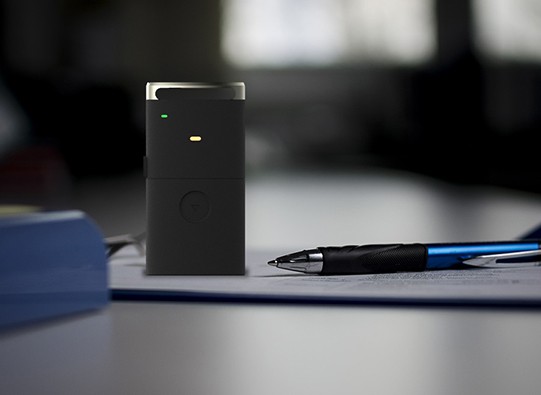
Virtual Security in Rio
The Rio Olympic games are over, but they have not been without their share of issues. Reports of pickpocketing, muggings, robberies and violence have besieged Olympians and tourists alike. Security was of one the main causes of concern, yet one of the largest threats remained unseen; hackers competed to steal as much personal data from the visitors of the games. Virtual security is now a huge aspect of the security infrastructure.
Hackers Go For Gold
The Olympic games are no strangers to cyber attacks. During the 2014 Sochi winter games, visitors were warned that their devices could be hacked within minutes of connecting to the WiFi. Similarly, the 2014 World Cup, which was also hosted in Brazil, was a target of numerous hacking attacks.
This time in Rio, hackers used high traffic areas such as shopping malls and coffee spots to set up fake WiFi networks to swipe personal data. Mobile security firm, Skycure, reported that Rio Galeão Airport, where most tourists first gain entrance to the country, hosts numerous networks with SSL decryption capabilities. In addition to non-secure or fake WiFi spots, hackers also created malicious apps. These apps steal information from various electronic devices.
Hot Spot for Cyber Crime at the Games – Virtual Security
Brazil is no stranger to cyber-crime, ranking as one of the most active cyber-crime countries in the world. With large communities of hackers and cyber-criminals ready to hijack personal data, tourists needed to be aware of the dangers they face by leaving their data exposed. Skycure issued a Rio Travel advisory warning tourists to be wary of these hazards. The advisory suggested that while some companies may be able to track and shut down malicious software, preventative measures should be the first of line defence.
Although threats of cyberattacks are prevalent, there are ways to prevent hackers from stealing personal data. Upgrading to the latest operating system and firewalls can prevent malicious software from breaching your device. Utilization of the cloud will offer more security than physical servers. Facebook and Twitter are among the websites that offer two-factor authentication services to add an extra layer of virtual security. In addition to built-in website security, companies such as Untethered Labs specialize in preventative security, utilizing a physical two-factor authentication system – GateKeeper. The solution automatically logs the user in and out of their computer. If these options are simply not enough.
Be vigilant. Keep your data safe.
See GateKeeper Enterprise advanced MFA in action.
Take a self-guided tour of how you can evolve from passwords. Then you're really saving time with automation.




